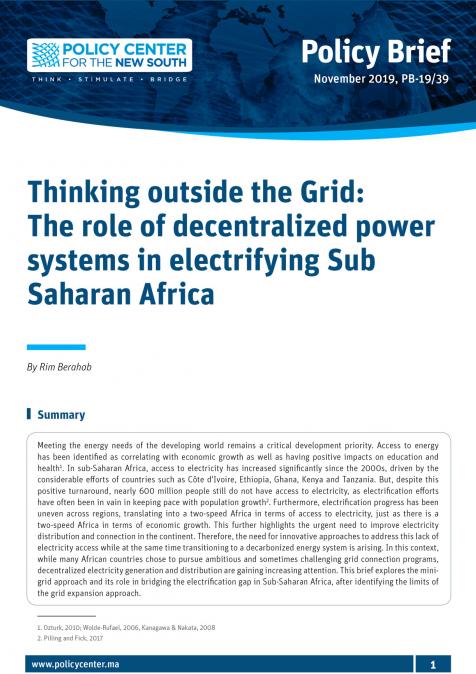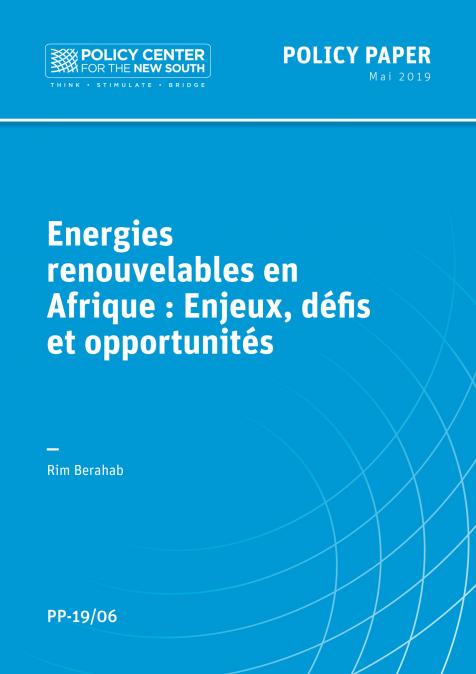Podcasts
ARCADIA : L’Afrique et les marchés mondiaux des matières premières – Partie 1
12
November
2021
Engrais, céréales, minerais, gaz ou pétrole, les matières premières sont au cœur des économies africaines. Dans ce podcast, nous décryptons les dynamiques qui ont structuré l’édition de la troisième édition du rapport ARCADIA ou ‘’Annual Report on Commodity Analytics and Dynamics in Africa’’ labellisé 2019-2021 consacré à l’Afrique et les marchés mondiaux des matières premières. Avec Yves Jégourel, nous revenons sur les évolutions structurelles et conjoncturelles qui ont façonné des marchés aussi divers que stratégiques pour le continent.







